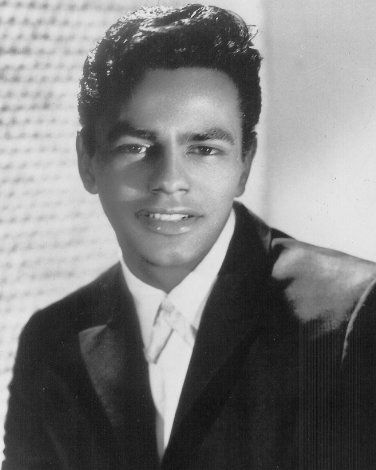Grooving to the Soulful Sounds: Black Singers of the 70s
The air crackled with raw energy, a potent blend of rhythm and blues, funk, and emerging disco beats. The 1970s were a pivotal time in music history, a period where social change echoed through the powerful voices of Black singers who weren't just entertaining, they were making statements. These artists transcended the confines of genre, becoming cultural icons whose influence resonates even today.
This wasn't just about catchy tunes; it was about the rise of distinct identities within Black music. The 70s saw the flourishing of sub-genres like Philly soul, known for its lush orchestration, and the raw emotionality of artists exploring social consciousness in their lyrics. From the socially charged anthems of Marvin Gaye to the empowering funk of Chaka Khan and Rufus, these voices became the soundtrack of a generation grappling with change and fighting for equality.
Imagine the electrifying stage presence of Donna Summer, the undisputed Queen of Disco, captivating audiences with her powerful vocals and pulsating beats. Picture Stevie Wonder, a musical genius who broke down barriers and challenged perceptions with his introspective lyrics and groundbreaking sound. These artists weren't just singing; they were weaving stories of love, pain, struggle, and hope, their voices becoming an outlet for a community finding its voice.
The impact of these Black singers extended far beyond the music charts. They became cultural touchstones, their music shaping fashion, dance, and social conversations. The rise of blaxploitation films further amplified their reach, creating a dynamic where music and cinema fed off each other, further solidifying the influence of these artists on a global scale.
One can't discuss the Black singers of the 70s without acknowledging the challenges they faced. The music industry, while providing a platform, was still grappling with racial inequalities. Many artists fought hard for creative control and fair compensation, their struggles paving the way for future generations of musicians. Despite these hurdles, their talent, determination, and unwavering commitment to their art shone through, cementing their legacy as some of the most influential figures in music history.
The Legacy of the 70s: Enduring Influence and Inspiration
The music of Black singers from the 1970s continues to resonate with audiences across generations. Their influence is evident in the work of countless contemporary artists, highlighting the timeless quality of their sound and the enduring power of their message. Whether it's the soulful rasp of Amy Winehouse echoing the raw emotion of Roberta Flack or the infectious energy of Bruno Mars drawing inspiration from the showmanship of James Brown, the legacy of these pioneers remains deeply woven into the fabric of contemporary music.
The 1970s marked a defining era for Black music, a period of innovation, social commentary, and sheer artistic brilliance. These singers weren't just entertainers; they were revolutionaries, using their voices to challenge the status quo and inspire change. Their music continues to move us, reminding us of the power of art to transcend boundaries and speak to the soul.
Taylor swift ai images explode online
Unveiling the lineage who was the prophet muhammads father
Depressed anime pfp 1080x1080 exploring the trend its implications














